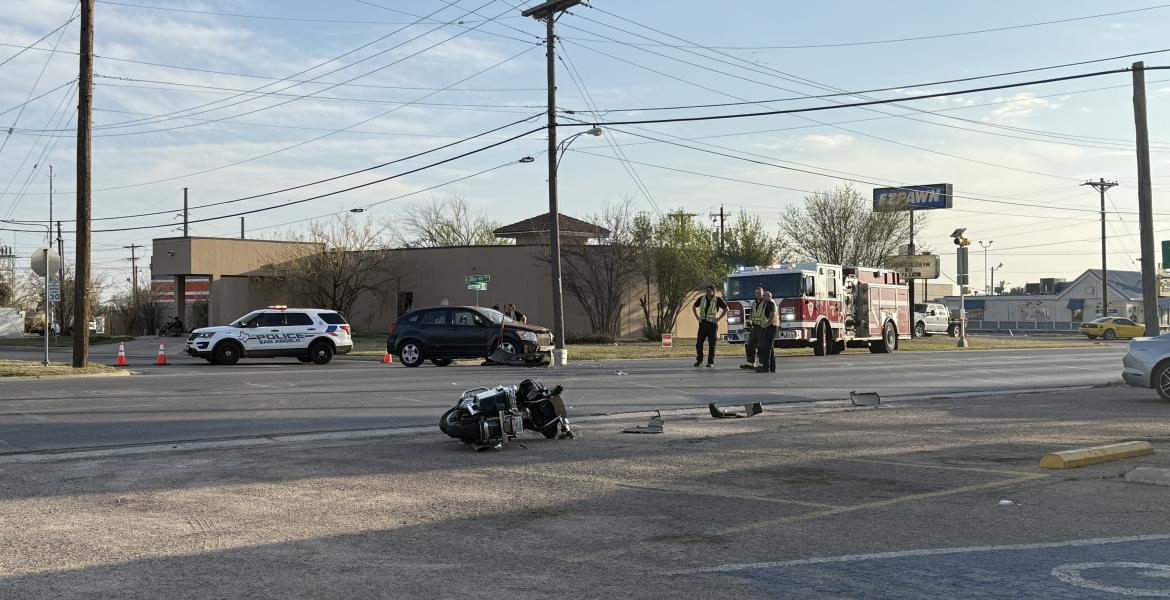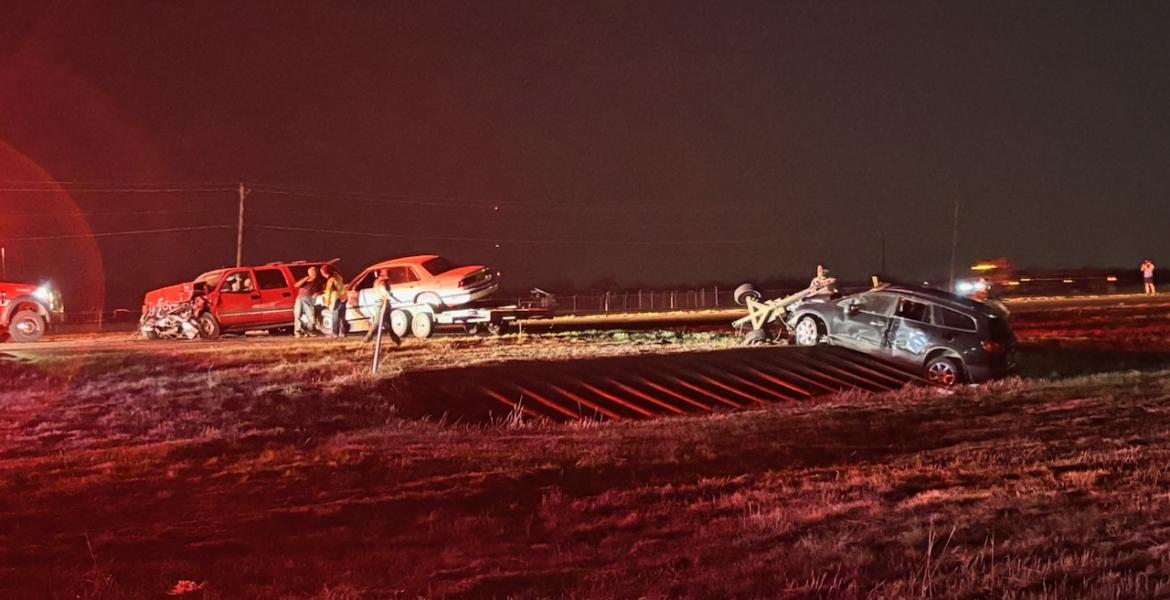AUSTIN – Governor Greg Abbott directed the Texas Division of Emergency Management Thursday to deploy state firefighting resources to support local officials as wildfire conditions impact North Texas. These state resources are supporting local firefighting efforts in response to the Storage Fire in Palo Pinto County, which has now burned over 1,000 acres.
The Storage Fire has now burned about 1,000 acres and forced evacuations in the area about 65 miles west of Fort Worth.
Over the past 12 hours, the fire has grown from about 600 acres to 1,000 acres. And the containment of the fire has dropped from 40% on Thursday to 30% on Friday.
“The State of Texas is swiftly deploying critical fire resources to support firefighters and emergency personnel responding to the Storage Fire in Palo Pinto County,” said Governor Abbott. “Extreme heat in the region, and all across Texas, over the last few weeks has made conditions especially vulnerable to wildfire activity. Texans are urged to regularly monitor fire weather conditions and limit any activities that may cause sparks or flames to protect themselves, their loved ones, and their property. I thank all of our brave firefighters and first responders who are working around the clock to keep their fellow Texans out of harm’s way.”
According to the Texas A&M Forest Service, excessive heat over the past two weeks has resulted in wilting, dry grasses across portions of North, Central, Southeast, Southwest and South Texas. Areas with dry grass may increase potential wildfire activity due to accidental ignitions from fireworks during the holiday weekend or other activities that cause a spark.
At the Governor’s direction, TDEM has deployed the following resources in support of wildfire response operations:
- Texas A&M Forest Service: Over 15 personnel, an air attack platform, and heavy equipment such as bulldozers; two Texas Intrastate Fire Mutual Aid System (TIFMAS) strike teams comprised of approximately 30 firefighters, 10 fire engines, and a water tender
- Texas Division of Emergency Management: Emergency Response personnel to support local requests for assistance
- Texas Department of Transportation: Emergency Response personnel to support local requests for assistance
- Texas Department of State Health Services (Texas Emergency Medical Task Force): Wildland Fire Support Packages including paramedics, ambulances, and all-terrain vehicles
- Texas National Guard: Blackhawks with fire-suppression capability and 15 personnel
The Wildland Fire Preparedness Level was raised to Preparedness Level 2 due to fuel and weather conditions, current and expected wildfire activity, regional preparedness levels, and fire-suppression resource availability in the state.
Texans are encouraged to limit activities that may cause sparks or flames, make an emergency plan, and keep emergency supplies easily accessible. Texans can visit texasready.gov and tfsweb.tamu.edu for wildfire tips and safety information.
Subscribe to the LIVE! Daily
Required






Post a comment to this article here: